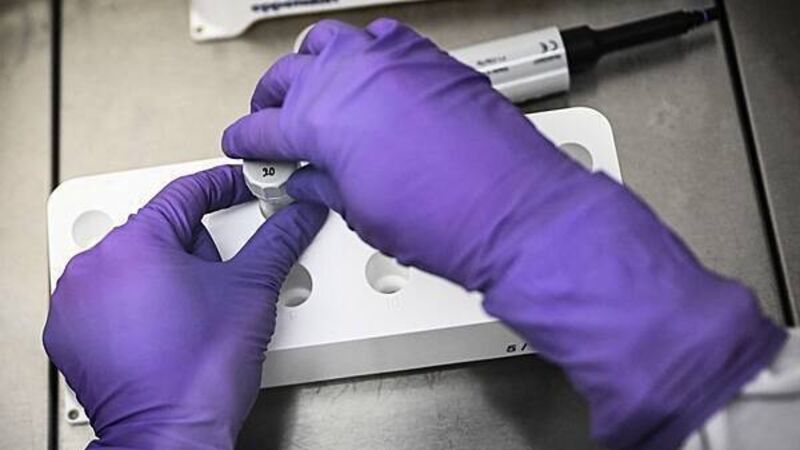New research could be 'overstating' link between Parkinson's and pesticides, neurologist says

Vivienne Clarke
Consultant Neurologist Professor Tim Lynch has said that recent research linking the increasing number of cases of Parkinson’s Disease with pesticides could be “overstating” the complex issue.
Speaking on RTÉ radio’s Today with Claire Byrne show, Prof. Lynch said that while environmental factors could be a contributory factor, there were also genetic factors.
However, he acknowledged “there is something” that is increasing the frequency of the disease. “It's not just age, there's something else that's actually increasing the frequency of it. And the hypothesis is that there is something in the environment.
“Is it some of these solvents or could it be various things like pesticides, whether it's paraquat, whether rotenone or different pesticides used, that could increase the risk and hence the study is intriguing because pesticides are used by golf clubs for greens and for fairways, it's quite common.
“That’s changed over time, obviously they're trying to use less toxins in relation to pesticides in sprays, but they may have been exposed 20, 30 years ago, they could still have an effect on the population.
“We know there are specific genes that can sometimes cause Parkinson's to go down through the generations or they get what we call autosomal recessive disease where you get a gene from mom and gene from dad and you get Parkinson's. So there's a certain percentage of Parkinson's, maybe 10 to 15 percent that have got a significant genetic component to it.”
Prof. Lynch outlined that the new research comes from a Rochester epidemiology study going back to 1991 involving just over 400 people which looked at where people lived – if it was near golf courses or vulnerable water areas.
“They were able to show about a double increased risk if you were living within a mile of a golf course or if you're living within a vulnerable water area. It's a small study, so you can't overly hang your hat on it”
While there is not a cure yet for neurodegenerative conditions like Parkinson’s and Alzheimer’s, Prof Lynch said he was an optimist.
“If you're proactive about various things about your brain, you can certainly look after yourself. So keep yourself intellectually busy, sleep well, exercise, and have a good diet. Maintain social contacts and make sure your blood pressure and sugar levels are well controlled.
“There are a bunch of variables that keep your brain healthy so your hundred billion neurons remain intact but in particular that you generate those synapses, those connections from neurons to each other and that gets driven by education and very driven by reading.”









